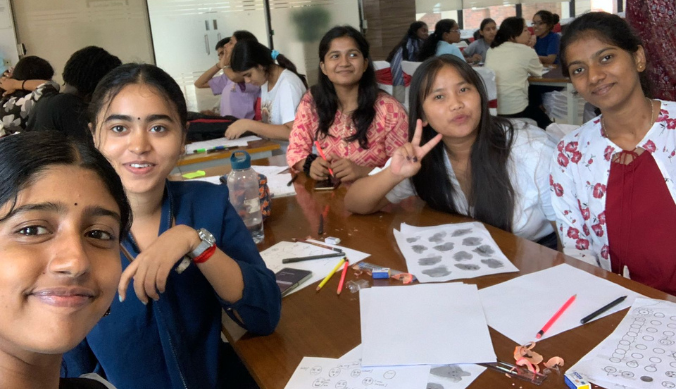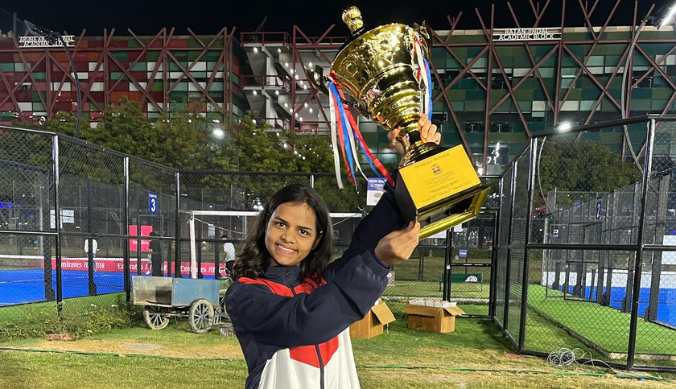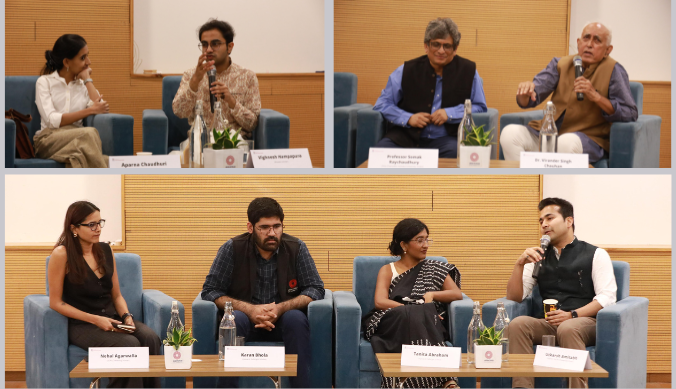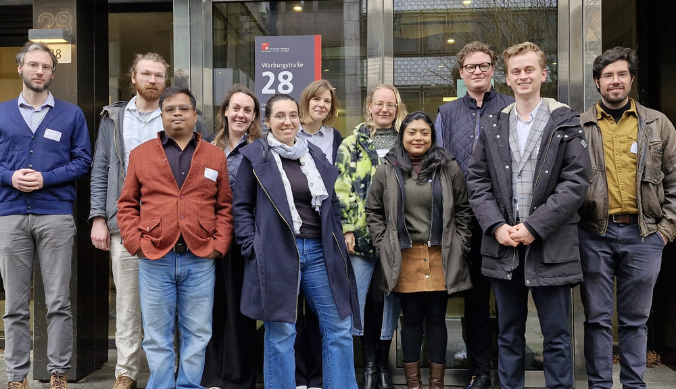Cultivating Brilliance: The Lodha Genius Programme and the Future of Gifted Education in India
The Lodha Genius Programme is a first-of-its-kind programme that envisions significantly increasing the proportion of Indians who will reach their full potential as change makers, leaders and philanthropists by nurturing and inspiring the nation’s brightest young minds and instilling in them a spirit of giving back to the country and society.
Philanthropy at Lodha has always focused on strengthening and building our nation. Education has been at the core of our philanthropic efforts for a decade. In our country, most efforts in the education sector are either on providing access (due to the Right to Education Act) or helping students who “get left behind”. Most schools focus on improving the learning outcomes of the average student. What happens due to this often is that students at the top of the class get inadequate or no attention. It is assumed that because their test scores are good, they need no help. However, in reality, the full potential of these students is not being harnessed. They face a lack of support in mentoring, information, developing higher-level skills, opportunities and exposure. Due to this, many gifted children do not achieve the success they otherwise could have. Mensa India estimates that our country has more than 6 million gifted or academically exceptional children1.
Many studies show high performers in classrooms often contribute the most to society. They typically end up taking leadership positions and creating a major impact through their work. Hence, it is essential to provide the brightest students with the support they need to reach their full potential.
Countries across the world are increasingly implementing practices for gifted and talented education. The USA and Australia offer gifted education at the federal level as a part of public education, while private and residential schools with programs for gifted education are also prevalent. Asian countries like Singapore and Hong Kong have well-defined education programmes for gifted children. In the past decade, the Middle East and East Asia have further been showing more attention to students who have been high performers in STEM subjects. Meanwhile, in India, contrary to research findings, bright students are not thought to particularly have any different academic needs or problems at school or in their education. That has translated into a lack of education research, policies, and practices focused on gifted and talented education. For example, the National Curriculum Framework of India does not mention services or programmes for gifted students.
We found that in India, this area of nurturing exceptional talent does not just receive very little attention but also limited funding. As a private sector funder, we felt that this is an important cause to support to build a stronger nation in the future. As India’s economy quadruples in size in the next two decades, we are likely to face a chronic shortage of high-quality talent. That will be not just in the business sphere but also in other important ones such as the political, administrative, and judicial. Thus, it is imperative for national growth to significantly increase the quantum of high-calibre students who achieve their maximum potential.
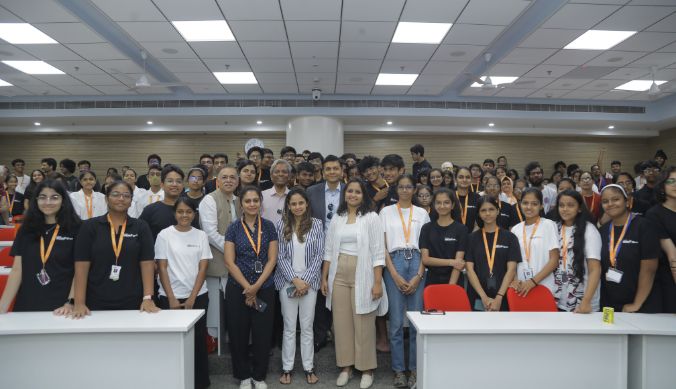
We were very clear that such a programme must be anchored at a University of high repute and credibility, which is global in its outlook but Indian in its roots. With its legacy of building the higher education landscape of India, Ashoka University was an obvious choice. It was heartening to see the enthusiasm of the founders and the faculty to spearhead this initiative with the same sense of ownership. Further, the world-class infrastructure of the University, its professors and the strides Ashoka has made in the past decade in transforming the higher education landscape of our country was a testament to their commitment. While the past track record was significant, the bold vision Ashoka has for the future further strengthened the foundation of the partnership.
Commenting on the programme, Abhishek Lodha, MD & CEO, Lodha, said, “As a responsible developer and a frontrunner to build a better life for everyone, we recognise our responsibility to build a better society. For that, we must identify and nurture deserving talents so that they have all the means to gain knowledge and surpass all possible impediments to become able leaders of tomorrow. ‘The Lodha Genius Programme’ is a major step in this direction to drive collaborative, large-scale solutions for a better future for our bright students. We are delighted to have Ashoka University as our partner in this journey; they come with decade-long expertise in creating an inclusive institution of excellence and have been a pioneering force for interdisciplinary higher education.”
When we met Professor VijayRaghavan and Ambika, we knew the programme was in the best hands. In them—we found the perfect mix of having an ambitious vision, deep technical expertise, a strong sense of ownership/commitment and immense capacity to implement a complex programme design. Along with the entire Ashoka team, they delivered a very successful summer programme and continue to build the foundation of this for the years to come.
Commenting on the programme, Raunika Malhotra, President – Marketing, Lodha, said, “With our philosophy of ‘Do Good, Do Well,’ we aim to foster a better society and a stronger nation by identifying and nurturing India’s highly talented students to enable them to succeed in their chosen fields. Failing to support capable children not only hinders their individual growth but also impacts society and the nation as a whole. To bridge this gap caused by various reasons, we are committed to playing a supportive role through the ‘Lodha Genius Programme”. India takes pride in its numerous outstanding business leaders and CEOs. Over the next 20 years, we aspire to multiply their numbers while achieving similar success in areas such as Arts, Sciences, Public Administration, and Public Service.”
Endnotes:
- NDTV ‘Left, Right & Centre-India’s gifted children, a story of hope’ https://www.youtube.com/watch?v=IycoTp_b5LQ ↩︎
References:
- Heylighen, F. Gifted People and their Problems.
- Kaufman, S. B., & Sternberg, R. J. (2008). Conceptions of Giftedness. Handbook of Giftedness in Children, 71–91. doi: 10.1007/978-0-387-74401-
- Kurup.A., Sharma J., Basu. A., & Chandra. A. (October 2015). Identification and Mentoring Gifted Children (age 3-15 years). NIAS Report
- Renzulli, J. S. (2005). Applying gifted education pedagogy to total talent development for all students. Theory Into Practice.
- Roy, Paromita. “Gifted Education in India.” Cogent Education 4, no. 1 (2017). doi:10.1080/2331186x.2017.1332815
- Tom Clynes, “How to Raise a Genius: Lessons from a 45-Year Study of Supersmart Children,” Scientific American, September 07, 2016.
- Wright, B. J. (2008). A global conceptualisation of giftedness: A comparison of U.S. and Indian gifted education programmes.
(Written by Mahika Shishodia, Head of Social Impact, Lodha)
Study at Ashoka










